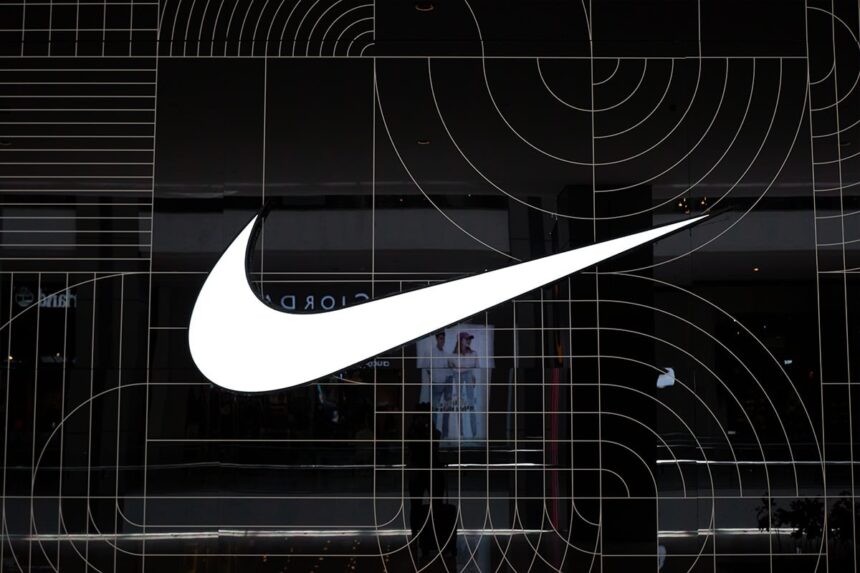Nike and StockX have concluded a significant legal dispute concerning the trademark implications of non-fungible tokens (NFTs) tied to sneaker brands. This resolution brings to an end a three-year battle that was set to escalate to a jury trial this October, with both parties agreeing to settle the case and dismiss all claims with prejudice, thereby avoiding the uncertainties of a public courtroom clash.
The conflict began in February 2022 when Nike accused StockX of infringing its trademarks through its Vault NFTs, which prominently featured images of Nike sneakers. Nike alleged that these NFTs could mislead customers regarding the brand’s involvement with StockX’s offerings. In defense, StockX asserted that its NFTs merely provided proof of ownership of actual sneakers, not an endorsement or affiliation with Nike.
In May 2022, Nike amplified its accusations by claiming that StockX was selling counterfeit sneakers through its platform. This allegation gained traction in March 2025, when a court ruling found StockX liable for distributing several fake Nike products to undercover customers. Following this ruling, unresolved claims were set for trial; however, in late August 2025, both companies opted for a settlement.
This agreement not only sidesteps a potentially damaging trial but also staves off reputational and legal risks for both enterprises. A critical aspect of the case was whether NFTs should be classified as “goods” under the Lanham Act, which governs trademarks. A ruling from the US Ninth Circuit in 2025 affirmed that NFTs connected to tangible items would indeed receive trademark protection, a finding that supported Nike’s position in the dispute and has broader implications for the NFT landscape.
StockX maintained that its Vault NFTs were solely intended to signify ownership rather than suggest a brand association. However, Nike argued that the unauthorized use of its sneaker imagery diminished its brand identity. The settlement leaves many questions around NFT liability unanswered, yet has already contributed to a clearer legal framework surrounding NFTs and their relationship to trademark rights.
The repercussions of this lawsuit extend beyond the immediate parties involved, echoing through the NFT and sneaker industries. In December 2024, Nike announced the closure of its digital studio RTFKT, a move attributed to strategic shifts and emerging legal pressures. RTFKT had gained traction for its innovative melding of NFTs with real sneaker products but faced operational challenges that ultimately led to its dissolution—an indication of a growing scrutiny of less regulated digital platforms.
The dispute has also influenced how marketplaces manage counterfeit risks. StockX reported that it blocked approximately $10 million worth of counterfeit sneakers in 2025 using advanced technologies like RFID and CT scans. This proactive approach suggests a trend where platforms are compelled to adopt stringent measures to guard against potential legal challenges.
Moreover, the NFT trademark dispute has affected investment patterns in the digital asset space. In 2025, investors channeled around $4.2 billion into climate-conscious NFTs with verified supply chains. This financial backing reflects a push for stronger compliance measures and highlights a recalibration in how digital assets align with regulatory standards.
As companies continue to navigate the evolving intersection of intellectual property and blockchain technology, the resolution of the Nike and StockX feud offers important lessons and sets a precedent for future legal encounters in the rapidly changing world of digital assets.







